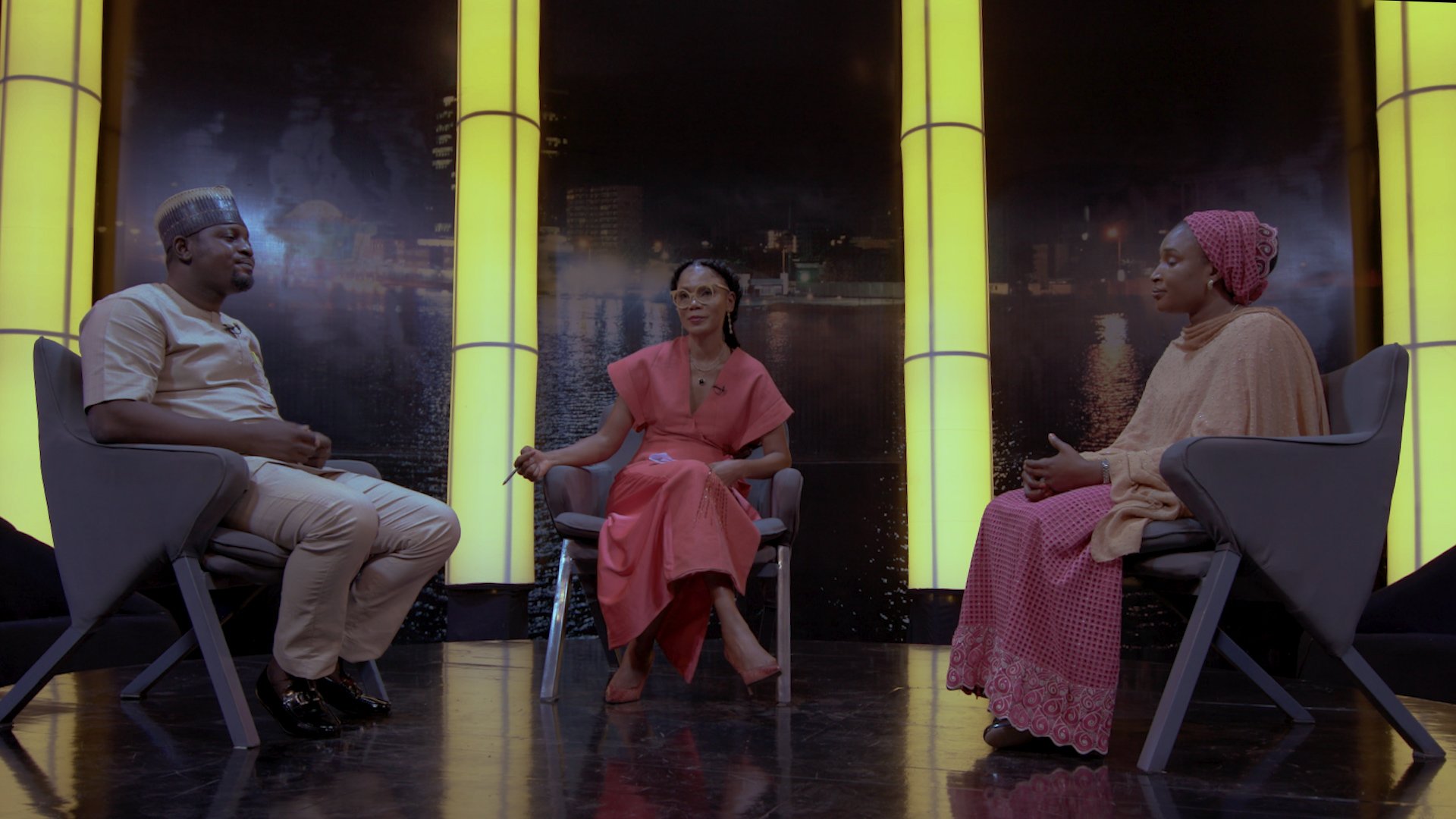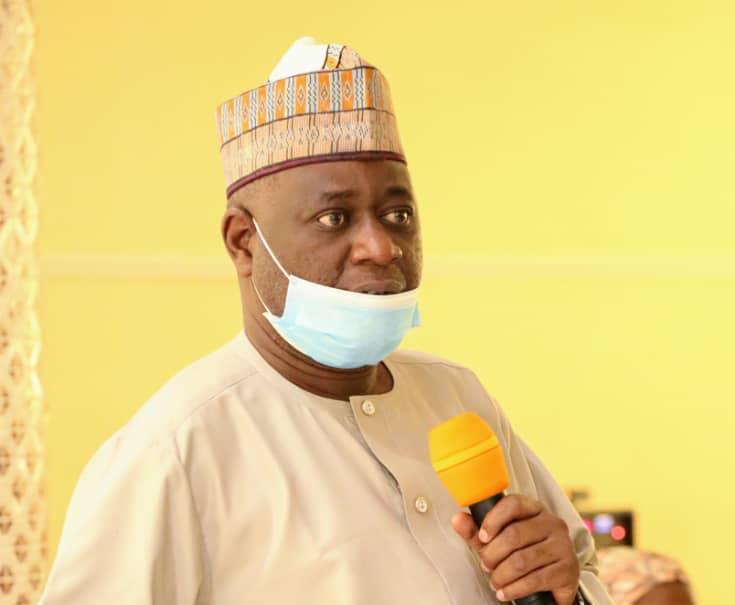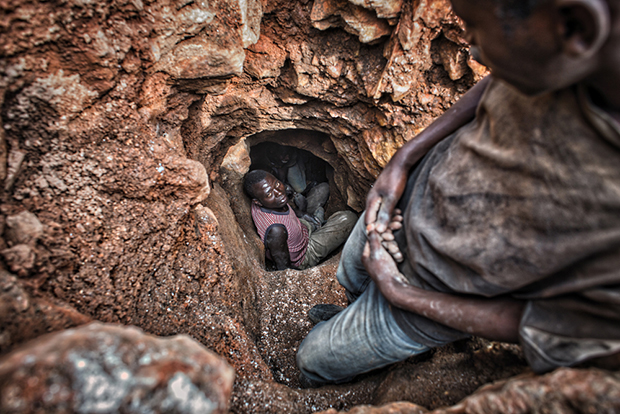The Boko Haram insurgency in Maiduguri, Borno state capital, and its ripple effects were the talking points in the latest episode of Public Eye.
The show, moderated by ace broadcaster Funmi Iyanda, focused on the insurgency, fate of IDPs, resilience, and resettlement.
Hauwa Magaji, executive director of Initiative for Community Health and Crisis Response; Jack Fidelis, a journalist and Umara Gudumbali, professor of political science, contributed to the discourse.
Magaji said before the insurgency, women in Maiduguri were independent and could move about freely without fear of being harassed.
Advertisement
“Before this, all started, in Maiduguri, women were independent. We had access to every good thing life offered. We had access to education. We were not harassed. We didn’t have to follow a strict dress code. We were free,” she said.
“Now, a woman can’t move about without a full hijab, or else Boko Haram members will harass her. A boy young enough to be your son will stop you and threaten to beat you up. These days, women prefer to stay home for fear of harassment.”
Fidelis, a journalist who lives in Borno, said before the insurgency, there were nightlife and other social activities in the state.
Advertisement
“Some Nigerians may not know but the motto of Borno state is home of peace and it was really peaceful life,” he said.
“Maiduguri was a cosmopolitan city. There were hotels and nightlife. There were even clubs, people were living peacefully, southerners were doing their businesses.”
Explaining the traumatic effect of the insurgency, especially having a brother who is a soldier, he said: “This is an experience I don’t wish for anybody. When I hear from him, I feel relief. When I don’t hear from him, I’m terrified because I don’t know if he’s dead or alive.
“Each time I hear that there was a bomb blast and soldiers died, I don’t know if my brother is one of them. He has a wife with twins that he has not seen for two years.”
Advertisement
On his part, Gudumbali blamed the Nigerian state for creating the insurgency, faulting the move to pardon and rehabilitate repentant insurgents.
“Boko Haram is a creation of the Nigerian State. When they began, everybody was watching, everybody was seeing, everybody was warning the federal government,” he said.
“Those people that were threatening national security were pardoned and the issues escalated.”
Advertisement
Add a comment





